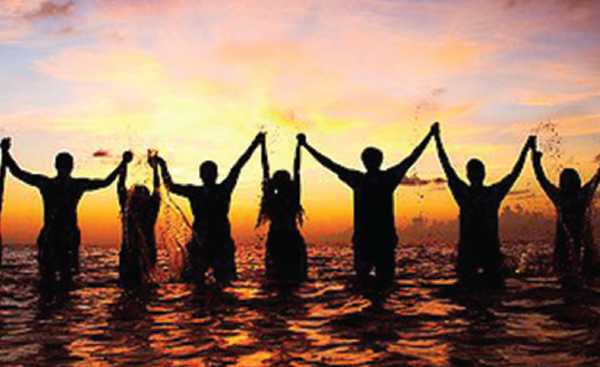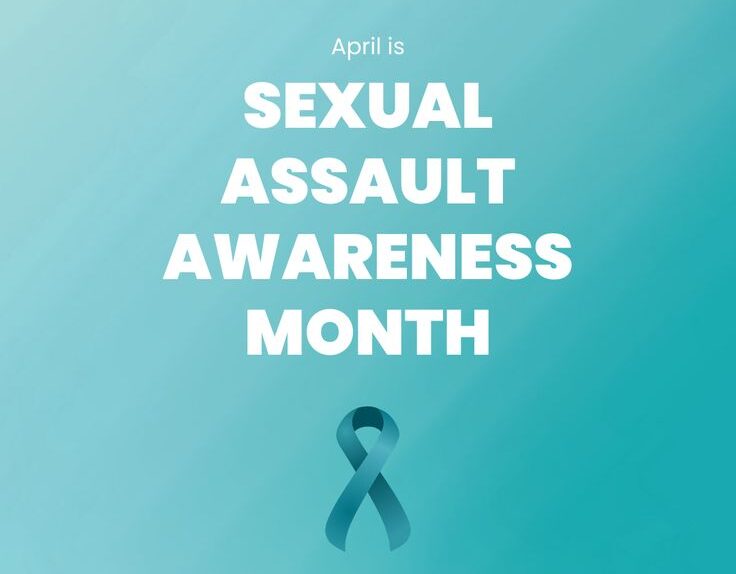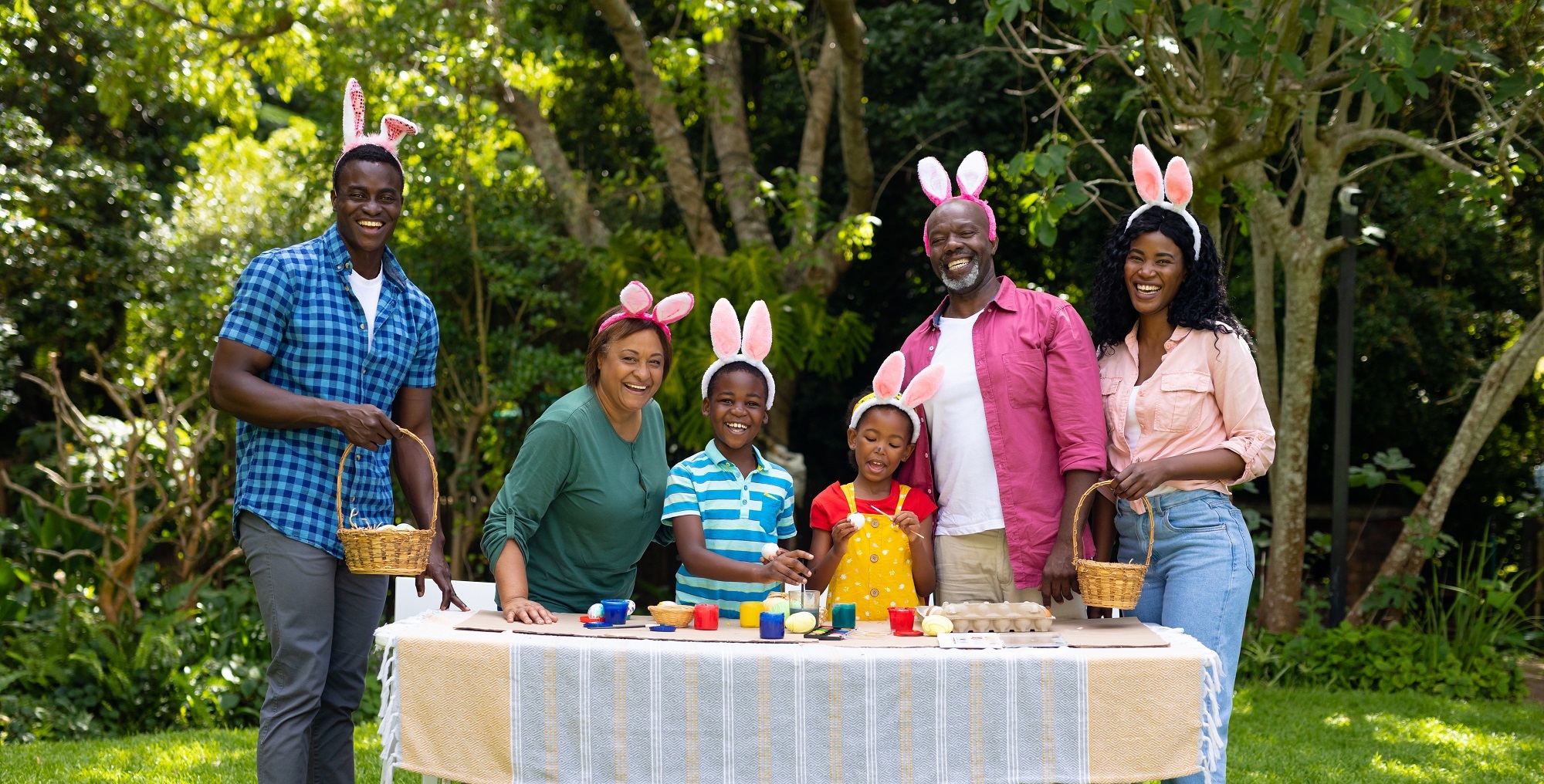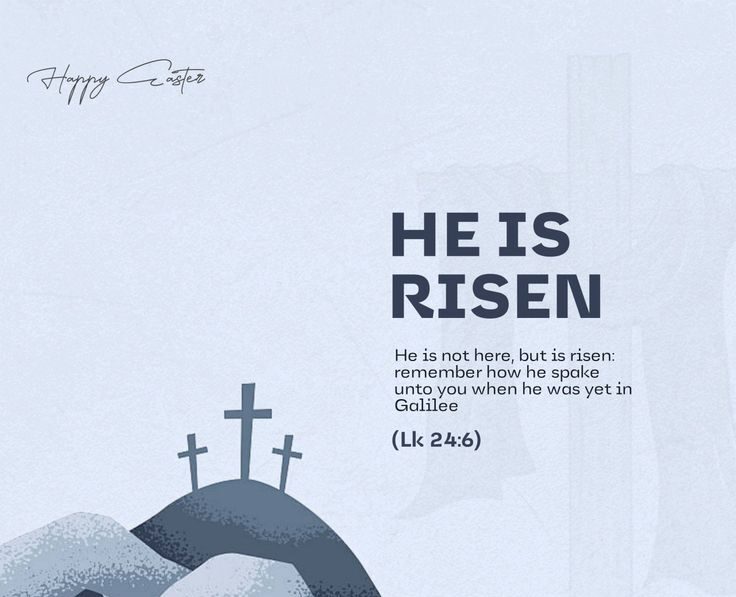RECONCILIATION… Mending ties
In March 2014, South African photographer Pieter Hugo visited southern Rwanda to capture images of the perpetrators and survivors of the 1994 Rwanda genocide. The images dubbed Portrait of Reconciliation


In March 2014, South African photographer Pieter Hugo visited southern Rwanda to capture images of the perpetrators and survivors of the 1994 Rwanda genocide.
The images dubbed Portrait of Reconciliation by the New York Times were part of a programme by a non-profit organisation on the theme of reconciliation. In each image, there are two individuals: the perpetrator who is a Hutu and the survivor, a Tutsi, who has granted pardon to the perpetrator.
It’s been over two decades since the genocide, but the Rwandese government in conjunction with non-governmental organisations is putting concerted effort toward reconciliation.
But why should they do this? Why invest so much money, time and manpower into reconciliation? Simple. For them to move forward as a country, they have to be united and to be united; they have to bury the hatchet and forge ahead. And forge ahead they have as Rwanda is said to be among the fastest developing countries in Africa. They wouldn’t have achieved that without reconciliation.
Mennonite peace builder John Paul Lederach describes reconciliation as “a meeting ground where trust and mercy have met, and where justice and peace have kissed.” Very apt! Reconciliation is the mending of ties once pardon has been granted hence for reconciliation to take place, forgiveness has to be there. You can forgive without reconciling, but you cannot reconcile without forgiving. It is through reconciliation we are able to return to normalcy after a relationship has been broken.
And human relationships are very fragile. It is said man is to err and it is true. We err in so many ways and in erring we fail those close to us. When this happens, communication breaks down and with it relationships. But reconciliation is that which brings people back together, enabling them to grow beyond past trauma to rebuild broken relationships. The reality is, no man is an island and that is why reconciliation is an important virtue that we must uphold.
But it is easier said than done for reconciliation is a slow and difficult process that can take days, months, years or even centuries. Yet progress has to be made if we are to reestablish peaceful relations. Reconciliation has to be achieved if we are to coexist as we should.
The following steps can help us move from forgiveness to reconciliation with ease.
Be honest with yourself: Often times when someone offends us, we usually like to pretend that it does not affect us, yet in the real sense we lose sleep over it. We become unsettled by the strained relationship that ensues. If something does not sit right with you, acknowledge it and do something about it. Also, be honest with the offender.
Be bold and make a move: Now that you have understood the importance of reconciliation, take the initiative to seek forgiveness regardless of who has caused the damage in the relationship.
Put pride aside: Pride exacerbates an already frosty relationship. If you really are aiming at reconciliation, adopt a humble attitude. Renounce any vengeful attitude you may have towards your offender. Don’t let the desire to retaliate control you.
Be willing to compromise: Reconciliation is a matter of give and take.
Follow through with action: Once you have reached an agreement, action has to follow. Remember; there is trust to be rebuilt, pieces to be picked up and resolutions to be followed. Action has to be seen if the reconciliatory process is to succeed.
The feeling of relief once a strained relationship has been ironed out makes reconciliation worth it. Go for it.
Reflections
Given the scale of trauma caused by the genocide, Rwanda has indicated that however thin the hope of a community can be, a hero always emerges. Although no one can dare claim that it is now a perfect state, and that no more work is needed, Rwanda has risen from the ashes as a model or truth of reconciliation.
Wole Soyinka (1934), Nigerian playwright and poet
We are all one – or at least we should be – and it is our job, our duty, and our great challenge to fight the voices of division and seek the salve of reconciliation.
Roy Barnes (1948), American attorney and politician
The practice of peace and reconciliation is one of the most vital and artistic of human actions.
Nhat Hanh (1926), Vietnamese Buddhist monk and peace activist
There should be an honest attempt at the reconciliation of differences before resorting to combat.
Jimmy Carter (1924), American politician and author who served as the 39th President of the USA
Reconciliation means working together to correct the legacy of past injustices.
Nelson Mandela (1918-2013), South African anti-apartheid revolutionary, politician, and philanthropist
Reconciliation heals the soul.
Anonymous
Your thoughts
As humans, we fail our loved ones, colleagues and acquaintances so many times. Thank God for reconciliation for that is the virtue that enables us to move on and forget the past.
Josephine Wawira, Business lady
Published in September 2016





